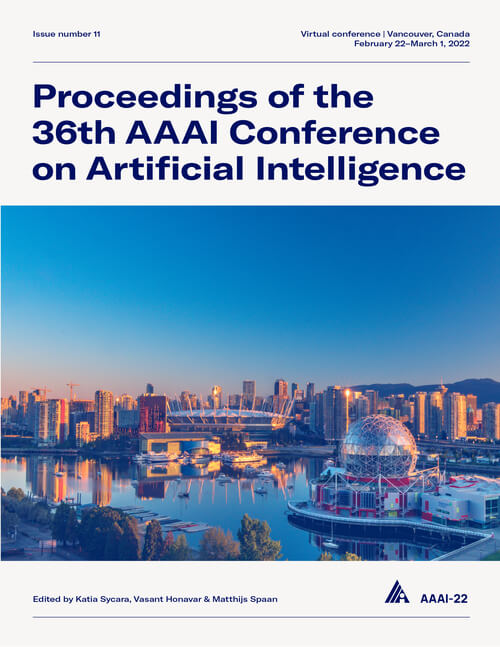Reinforcement Learning Explainability via Model Transforms (Student Abstract)
DOI:
https://doi.org/10.1609/aaai.v36i11.21608Keywords:
Explainable-RL, Reinforcement Learning Algorithms, Planning, Model-Based ReasoningAbstract
Understanding the emerging behaviors of reinforcement learning agents may be difficult because such agents are often trained using highly complex and expressive models. In recent years, most approaches developed for explaining agent behaviors rely on domain knowledge or on an analysis of the agent’s learned policy. For some domains, relevant knowledge may not be available or may be insufficient for producing meaningful explanations. We suggest using formal model abstractions and transforms, previously used mainly for expediting the search for optimal policies, to automatically explain discrepancies that may arise between the behavior of an agent and the behavior that is anticipated by an observer. We formally define this problem of Reinforcement Learning Policy Explanation(RLPE), suggest a class of transforms which can be used for explaining emergent behaviors, and suggest meth-ods for searching efficiently for an explanation. We demonstrate the approach on standard benchmarks.Downloads
Published
2022-06-28
How to Cite
Finkelstein, M., Liu, L., Kolumbus, Y., Parkes, D. C., Rosenshein, J. S., & Keren, S. (2022). Reinforcement Learning Explainability via Model Transforms (Student Abstract). Proceedings of the AAAI Conference on Artificial Intelligence, 36(11), 12943-12944. https://doi.org/10.1609/aaai.v36i11.21608
Issue
Section
AAAI Student Abstract and Poster Program

